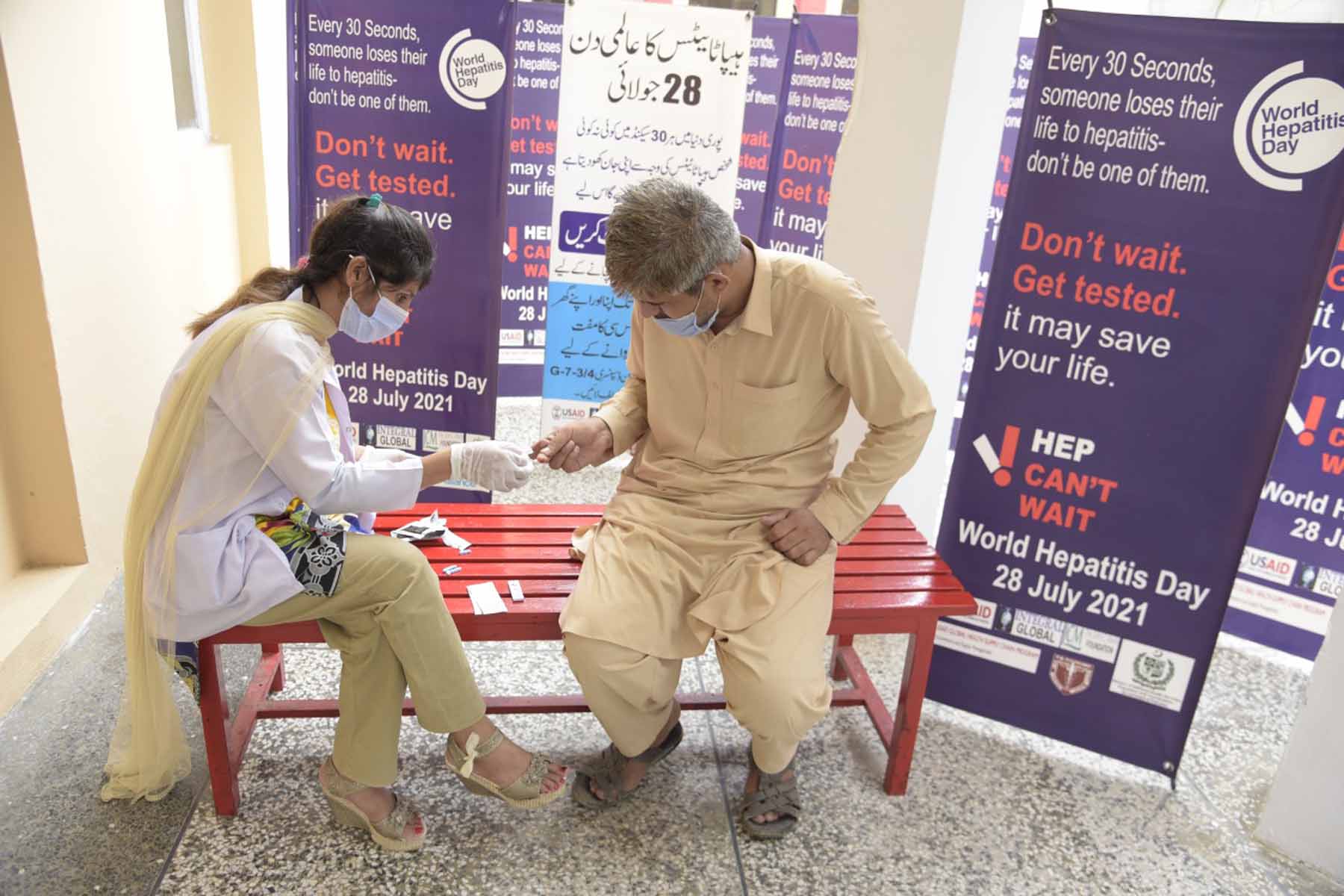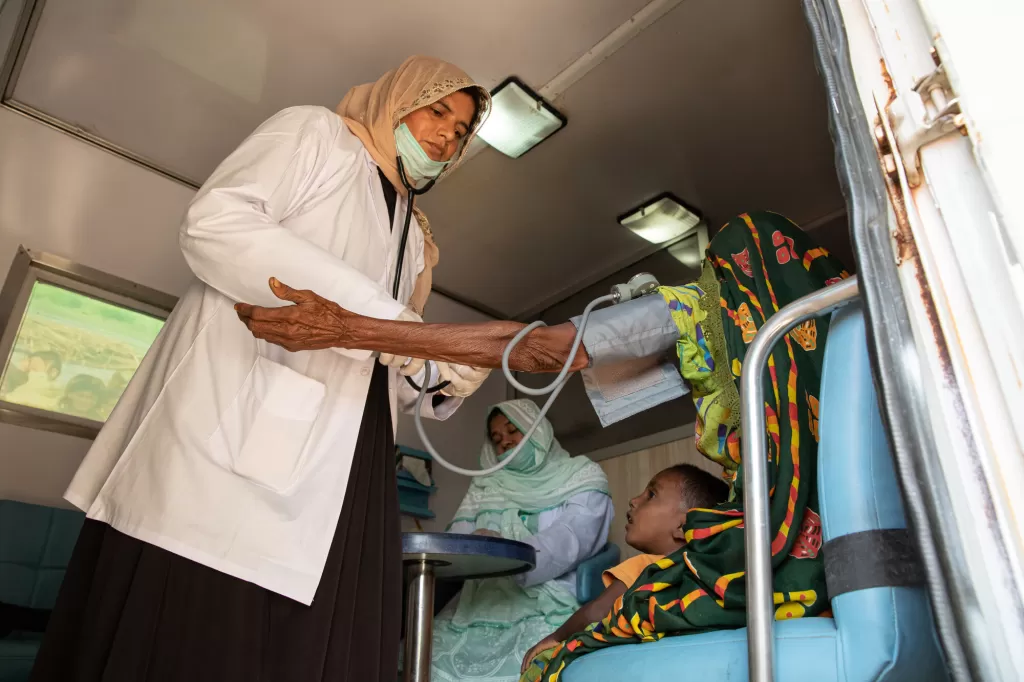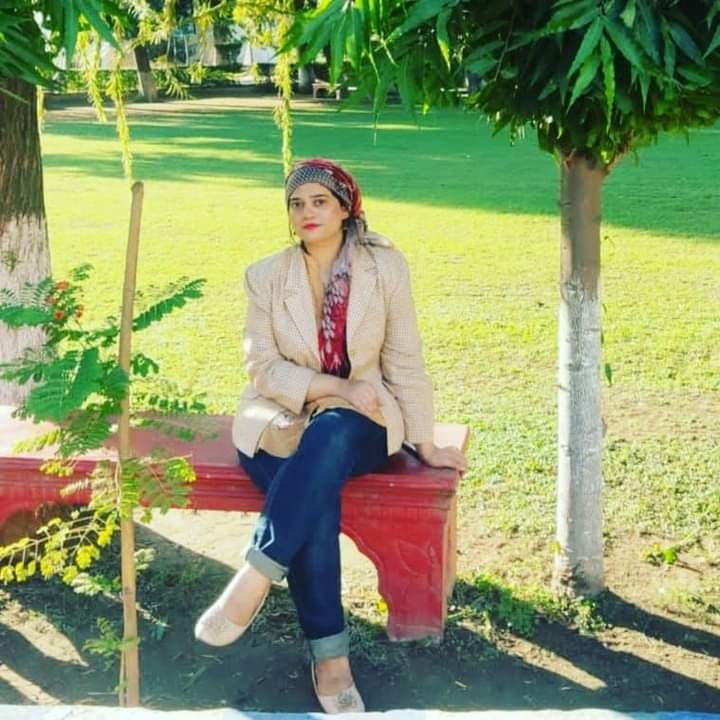It begins with a heartbeat.
A child’s first cry in a distant village hospital. A worried mother is waiting outside an ICU. A scientist bent over a microscope late at night in a lab in Karachi, hoping for clarity in a smear of cells. It begins there, unnoticed by most, but crucial to all. Science has never been just about test tubes and theories. It is a quiet, relentless search for answers in a world plagued by pain. In Pakistan, where disease often finds more homes than medicine, where hospitals overflow but research budgets shrink, scientific knowledge is not a luxury. It is survival.
Each year, Pakistan faces a storm of diseases like dengue outbreaks in the monsoon season, tuberculosis hidden behind stigma, hepatitis C infecting millions in silence, and a rising wave of cancers, diabetes, and mental health disorders. The World Health Organization (WHO) estimates that Pakistan has one of the highest global burdens of hepatitis C, affecting approximately 8 million people [1].
For every statistic, there is a face. A father who could not afford treatment. A girl was diagnosed too late. A doctor without the tools to save a life. But science offers something invaluable: hope shaped by evidence.

When COVID-19 struck the world, many people feared Pakistan would collapse under the pressure. Instead, local scientists developed diagnostic kits [2][1], universities pooled research, and healthcare workers battled on despite meager protective gear. Behind the scenes, a web of data collection, molecular tracking, and genome sequencing helped trace outbreaks and save lives. A report by GISAID showed Pakistan’s growing contribution to the global genome-sharing platform during the pandemic [3].
“The genome of the virus holds the clues. It’s not about panic, it’s about understanding.”
— Dr. Bushra Jamil, Infectious Disease Specialist, AKU
Beyond pandemics, science quietly wages war against chronic diseases that steal health one cell at a time. Take the case of cancer, a disease that is as widespread as it is misunderstood. Just a decade ago, breast cancer treatment in Pakistan largely depended on generalized protocols, often borrowed from international standards without consideration of local genetic diversity. Genomic testing was almost unheard of, and the lack of personalized diagnostics meant treatments were a gamble more than a guarantee.
Moreover, these advancements are helping reduce the emotional and financial toll of cancer. Earlier and more accurate diagnoses prevent families from navigating long, uncertain treatment journeys. They also reduce the risk of over-treatment and the associated side effects, improving the overall quality of life for patients.
But perhaps most importantly, this growing reliance on science signals a cultural shift, a move away from silence and stigma, toward knowledge and empowerment. Families that once saw cancer as a death sentence now have access to information that offers real hope. Doctors who are once treated based on experience now have data to back their decisions.
“In science, we don’t guess. We listen to data, to patients, to patterns. That is how we fight disease.”
When a mobile health van winds its way through the arid landscapes of Tharparkar, offering free hepatitis screenings, it does more than prick fingers and process samples. It restores a sense of visibility and worth to communities too often ignored. For many villagers, this is the first medical attention they have ever received, not just a diagnosis, but a quiet message that they are not forgotten [3].
In a small lab at NUST, a young engineering student spends sleepless nights building a low-cost ventilator. Her project will never headline the evening news. Her name may never be known beyond the university. But she continues, not for recognition, but for the stranger whose life might depend on that machine one day. Her science is not abstract breathes through compassion and quiet conviction [4]. Where resources are scarce, innovation blooms.

In Balakot, earthquake survivors were introduced to mental health support rooted in both neurobiology and cultural healing [5]. In Punjab’s rural clinics, AI-based apps now help midwives assess pregnancy risks and refer patients accordingly [8]. Still, the road ahead is steep. Pakistan spends less than 1 percent of its GDP on research and development. Many scientists leave for better-funded labs abroad. Equipment shortages, outdated curriculum, and political apathy threaten the road to progress. But within this struggle lies potential.
However, if we nurtured our scientific talent the way we celebrate our cricket stars. Like health ministries using genomic data to prevent future epidemics, girls in village schools learning biology not as a textbook chapter but as a path to change lives; It can change our fate.
Science is not cold, it is not detached; it is the trembling of a young girl holding her biopsy report. It is the hope in a father’s eyes when told his son’s leukemia is treatable. It is the collective courage of a country that chooses to ask: “Why?” and refuses to stop asking until it finds a cure.
The next chapter of Pakistan’s healthcare must be written not only in prescriptions but in research papers, in clinical trials, in bold funding decisions, and in classrooms where the next generation learns to decode life itself.
It needs to become the heartbeat of our nation’s healing…!
References:
- World Health Organization (2023). Hepatitis Country Profiles. https://www.who.int/news-room/fact-sheets/detail/hepatitis-c
- Filip, R., et al., Global Challenges to Public Health Care Systems during the COVID-19 Pandemic: A Review of Pandemic Measures and Problems. J Pers Med, 2022. 12(8).
- https://www.gisaid.org
- Sehat Kahani (2023). Telemedicine Expansion Report. https://www.sehatkahani.com
- https://www.gisaid.org
- https://stage.transparenthands.co.uk/campaigns/help-thousands-of-patients-in-tharparkar-pakistan-via-free-medical-camps/
- Rehman, Z., Umair, M., Ikram, A., Fahim, A., & Salman, M. (2022). Footprints of SARS-CoV-2 genome diversity in Pakistan, 2020-2021. Virologica Sinica, 37(1), 153–155. https://doi.org/10.1016/j.virs.2022.01.009
- https://www.researchgate.net/publication/238045815_Training_Pakistani_mental_health_workers_in_EMDR_in_the_aftermath_of_the_2005_earthquake_in_Northern_Pakistan
- https://nust.edu.pk/news/nust-made-diagnostic-kits-for-covid-19-get-nod-from-drap-over-successful-lab-trials/
- Filip, R., et al., Global Challenges to Public Health Care Systems during the COVID-19 Pandemic: A Review of Pandemic Measures and Problems. J Pers Med, 2022. 12(8).
More from the author: The Role of Climate Change in Humanity’s Past and Future

Sadaf Sarfraz, currently a lecturer, holds an MPhil in Molecular Pathology and Genomics, complemented by a BSc in Medical Laboratory Technology. Contributing as a healthcare writer at Scientia-Pakistan, she passionately engages in calligraphy and art.

